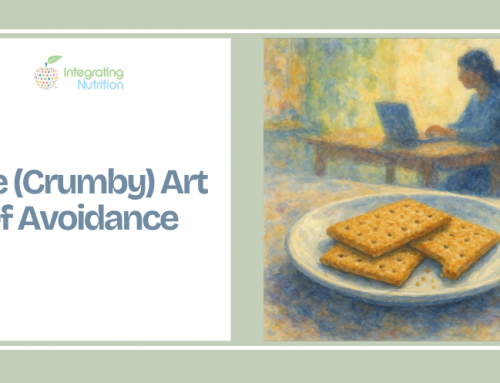On #MeToo
We are seeing a lot of people, overwhelmingly female, posting #MeToo on Facebook, indicating that they have at some point suffered some sort of sexual abuse, either physical and/or emotional. The use of the #MeToo statement is a way for the people to try to regain some personal power by no longer spending energy on hiding their abuse, and finding unity and community from traumas that are all too pervasive.
Historically, accusations of sexual assault and the emotional reactions of it’s victims were too often minimized or dismissed outright. This secondary injury stemming from an already traumatic event builds on existing fears of heightened danger and powerlessness.
Many of my patients struggling with eating disorders have been victimized by sexual predators. In my experience, trauma stemming from non-consensual sexual abuse–whether through force or coercion–is a significant cause of much emotion-triggered eating. The stigma, the unfair sense of shame, the soul-battering sense of powerlessness can contribute to a yearning for comfort and safety that many people feel can only be found in food. Helping people find new non-food ways to find comfort doesn’t, of course, address the underlying trauma. Thankfully, the recent tendency encouraging people to speak up may offer some small comfort.
With this shift may come a sea-change. According to The Chicago Tribune, there are hopeful indications that the upcoming generation may be able to start helping turn this heinous behavior around. Let’s hope they’re right.




